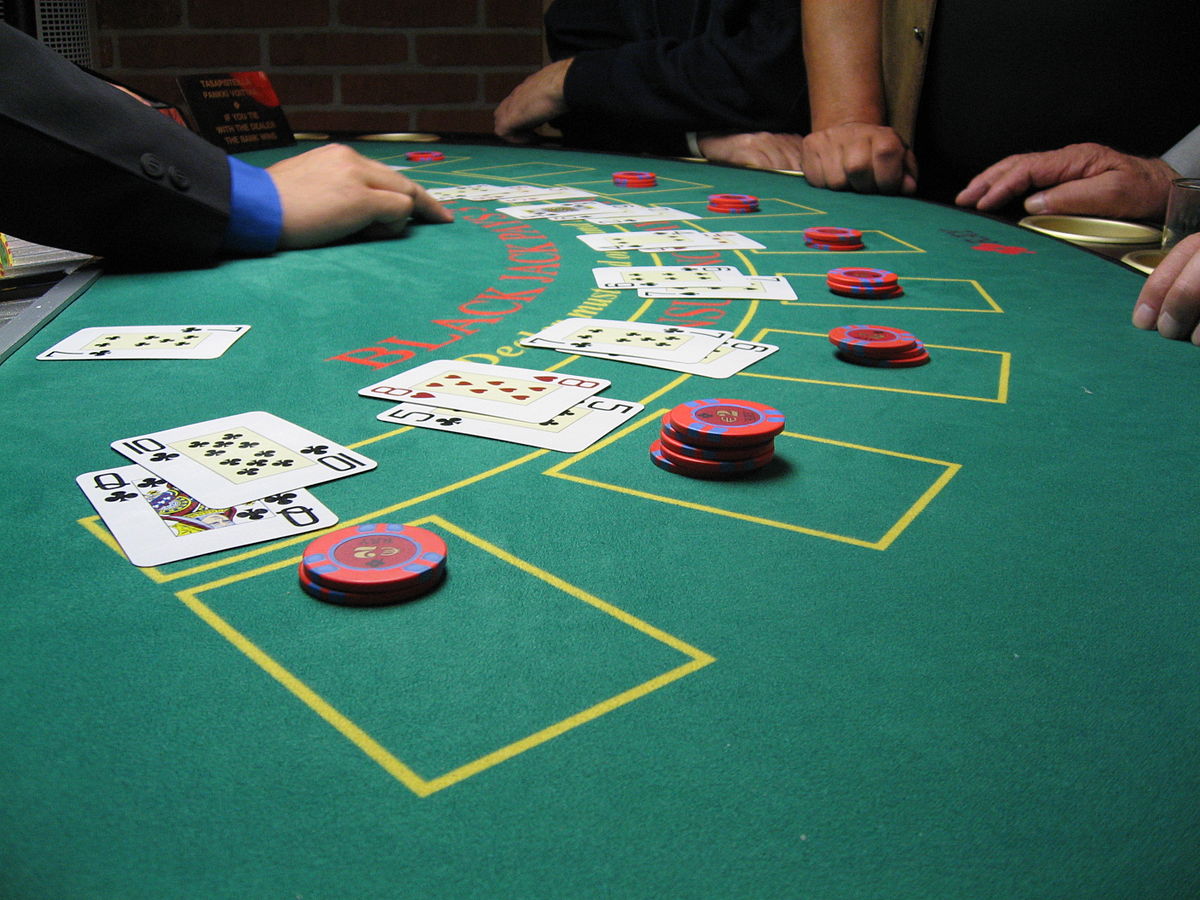Casinos Are Under Many Different
- Casinos Are Under Many Different Languages
- Casinos Are Under Many Different Kinds
- Casinos Are Under Many Different Countries
- Casinos Are Under Many Different People
- Casinos Are Under Many Different Codes
QUESTION: What is the Difference in Gambling at Indian Reservations and Regular Casinos?

ANSWER: In the world of brick-and-mortar gambling, there are traditional casinos and then there are Indian reservation casinos (or Indian Casinos). At first glance, the two might not seem much different, but scratch beneath the surface and you’ll find a whole host of distinctions.
Feb 25, 2011 Adds more generic npcs to the casinos around New Vegas. To convert this file to work on other games under any. Of static as that is a whole different story. Feb 03, 2021 Other concepts have been under discussion that would let bets on sports be placed with Deadwood casinos using remote technology from other places in South Dakota.
Knowing the difference in gambling at Indian reservations casinos and regular casinos might not make much difference to your bankroll, but it should provide you with a greater understanding of how the industry works. And for those who take their gaming seriously, every scrap of information is valuable on some level.
Casinos Are Under Many Different Languages
- Best Casino for Live Dealer Games
- Accepts all Countries and US States
Distinctions between Traditional and Native American Gambling
The items listed below are some of the most notable differences between gambling in Las Vegas and at a Native American casino. The next time you decide to go on a gaming road trip, give both locations a try and see if you can spot additional variations.
Location – The most fundamental difference is related to location. As the name would indicate, Indian reservation casinos are always located on lands set aside by the government for the use of specific Native American tribes. Regular casinos, meanwhile, can exist on any other property.
The total geographical area of reservation land equals 2.3% of the total area of the United States. Some tribes have multiple reservations allotted to them, while around 200 of the nation’s 550+ recognized Indian tribes have no land at all.
Revenue – While Las Vegas and Atlantic City would hate to admit it, the annual revenue from casinos on Indian reservations exceeds the combined totals for gaming in both cities. In 2009, for example, Native American locations pulled in $26.5 billion across 28 states.
Casinos Are Under Many Different Kinds
Selection of Games – Most reservation casinos offer the same games as their competition. Some states have different laws though, so you might not find certain table games in a particular casino, for example. Or the way the slot machines work might vary. (See our post about Class II and Class III slot machines for more details about that.)
Payback Percentage – This is the biggest difference between gambling at regular casinos and Indian reservations. In many states (Connecticut is a notable exception), Native American -Indian- casinos are not required to report their payback percentages, which means the number could be decidedly unfriendly to the player. However, any Indian reservation casino manager will tell you that their rates are on a par with the competition, and there may be some truth to that. After all, a lower payback percentage on slots and other electronic games means fewer winners. Over time, a casino with a reputation for paying out less will begin to lose business. Whether they offer a 75% or 90% payback, the casino is still going to turn a profit.

Size – When it comes to the overall size of a brick-and-mortar gaming establishment, the folks in Atlantic City, Reno, and Las Vegas have a hard time competing with casinos built on Indian lands. Much of this has to do with location, as regular casinos have to build in cities that are already filled with everything from residential housing to shopping malls. Indian land is more wide open, which makes it easier to allot massive tracts of land for construction.
Today, the second largest casino in the United States is the Foxwoods Resort Casino on the Mashantucket Pequot Indian Reservation in Ledyard, Connecticut. It has over 6,300 slot machines, 380 table games, and the biggest bingo hall on the planet. The largest U.S. casino (WinStar World Casino in Thackerville, Oklahoma) is owned by the Chickasaw Nation of Oklahoma, although it is not located on an Indian reservation.
Legality – While traditional land-based casinos are subject to all state and federal laws, a 1979 Supreme Court decision ruled that states could not regulate activities on Indian reservations or tax their occupants. This was bolstered by a 1987 decision that said casino activities could not be state regulated as long as the type of gambling offered was legal in the state.
The law was further defined by the Indian Gambling Regulatory Act, which requires Indian tribes to consult the state before offering casino gaming. In the case of an impasse, the Secretary of the Interior is called upon to mediate and make an eventual ruling.
The revenue from casinos on Indian reservations is meant to be spent on charitable ventures and tribal government operations. In some cases, however, the profits eventually find their way into the hands of tribal members, although you can count on the state and federal government getting their cut.
Cultural Considerations – While traditional casinos offer a wide variety of themes, visitors to gambling locations on reservations should expect a certain Native American flair to the décor. This isn’t always true, of course, but tribal leaders tend to be proud of their heritage and make every effort to provide displays and exhibits to educate their customers. At the very least, some basic decorations in the Native American tradition can usually be spotted in certain locations throughout the establishment.
Casinos Are Under Many Different Countries
Other cultural issues sometimes relate to traditional Indian beliefs and superstitions. An interesting example occurred when the Fire Rock Navajo Casino was under construction in New Mexico. Numerous problems led some to believe that the endeavor was being cursed by skin-walkers, magical practitioners adept at turning into animals and generally behaving in a sinister fashion. The construction continued, however, and the CEO of the casino later assured visitors that various blessings had been performed to ward off evil. Despite possible efforts from the forces of evil, the casino is still in operation.
Casinos Are Under Many Different People
Management – While you might suppose that casinos on Indian reservations are managed by members of the tribe, you would be wrong in many cases. In this way, gambling at Indian reservations isn’t much different than regular casinos, as they want to bring in experts who can squeeze every ounce of profit out of the business. For example, Harrah’s manages one such location in North Carolina, and Donald Trump once tried his hand at managing a reservation casino in California.
Casinos Are Under Many Different Codes
Next time someone is wondering about the differences in playing at Indian Casinos and regular casinos you’ll be able to provide an appropriate and informed answer. Armed with this knowledge, serious players can then make a determination about the best place to play.